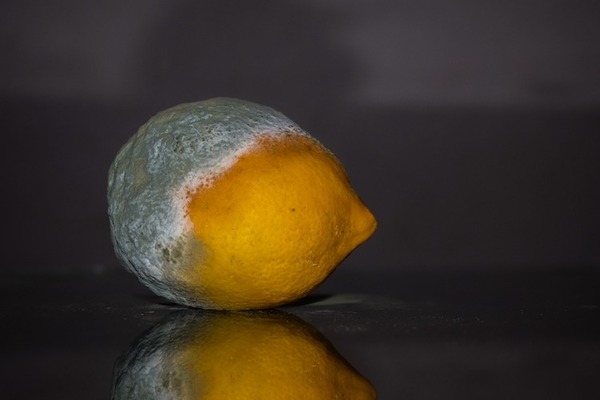Effectiveness of Biodegradable Plastic in Preventing Food Spoilage
(1) Shrewsbury High School, Shrewsbury, Massachusetts
https://doi.org/10.59720/12-005
The purpose of this study was to compare 100% polylactic acid (PLA) biodegradable plastic to a low-density polyethylene plastic (LDPE) in terms of their effectiveness against food spoilage. The interests of this study were: 1) the type of plastic that is more effective in preventing food spoilage, and 2) the materials’ properties, which are key factors in preventing food spoilage. Three trials were conducted testing the two plastics, in which an apple half was wrapped in either 100% biodegradable plastic, LDPE plastic, or no plastic at all (control). Over a period of 11 days, the daily mass of the apple was measured to determine the type of plastic that was more effective in preventing food spoilage. The results showed that in the long term (11 days), the LDPE plastic was more effective in preventing food spoilage than the biodegradable plastic. By day 11, the apples in LDPE plastic lost about 4.84% of their original mass, the apples in biodegradable plastic lost 18.25% of their mass, and the control apples lost about 56.11% of their mass. However, in the short term (1-3 days), both the apples in LDPE plastic and the apples in the biodegradable plastic lost a similar amount of their mass (2-4%) while the control apples lost about 20% of their mass. The results demonstrate that the biodegradable plastic can prevent food spoilage as effectively as the LDPE plastic in the short term. Hopefully, this will increase the appeal of biodegradable bags to consumers due to its ability to reduce the amount of trash in landfills.
This article has been tagged with: